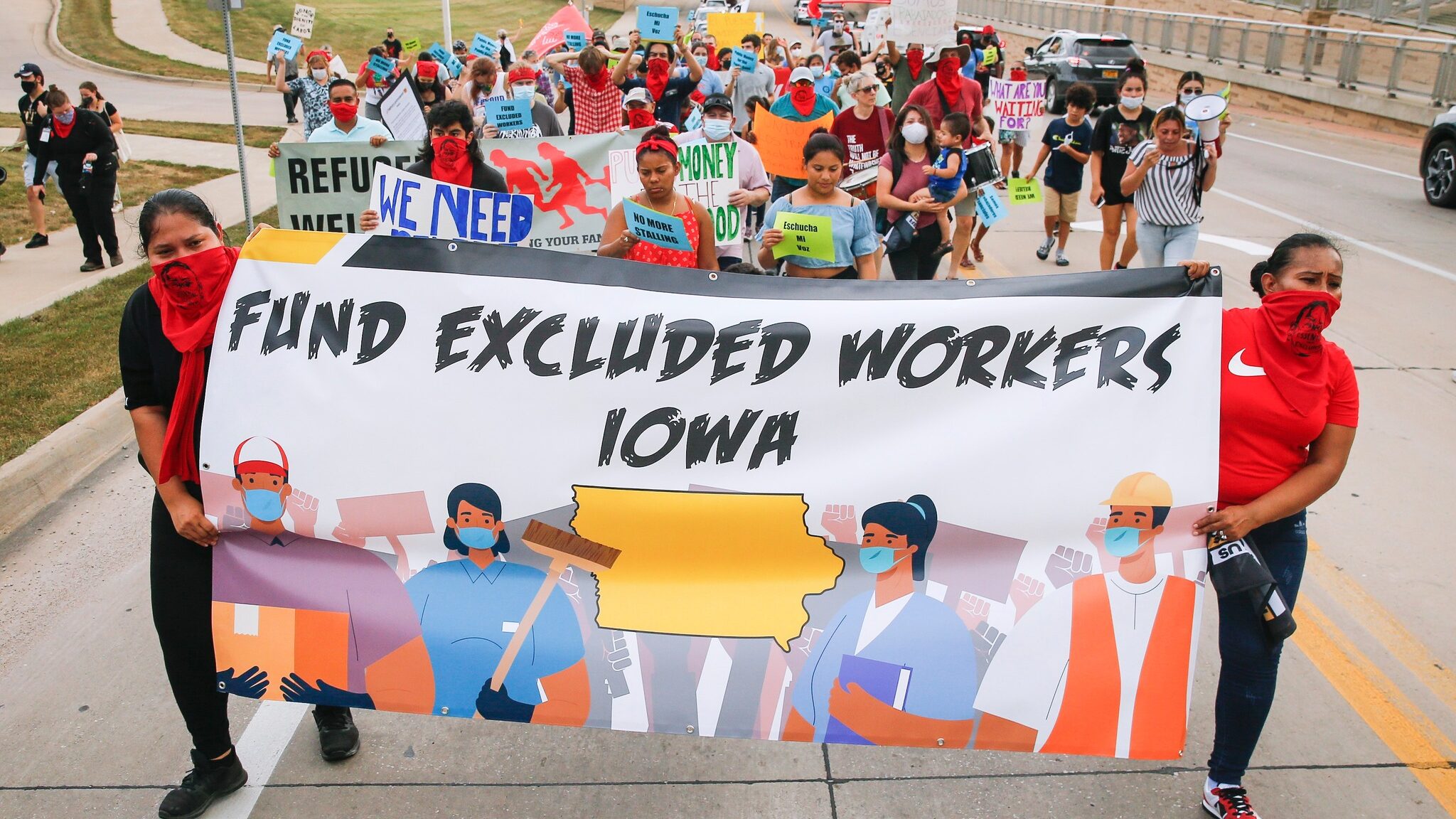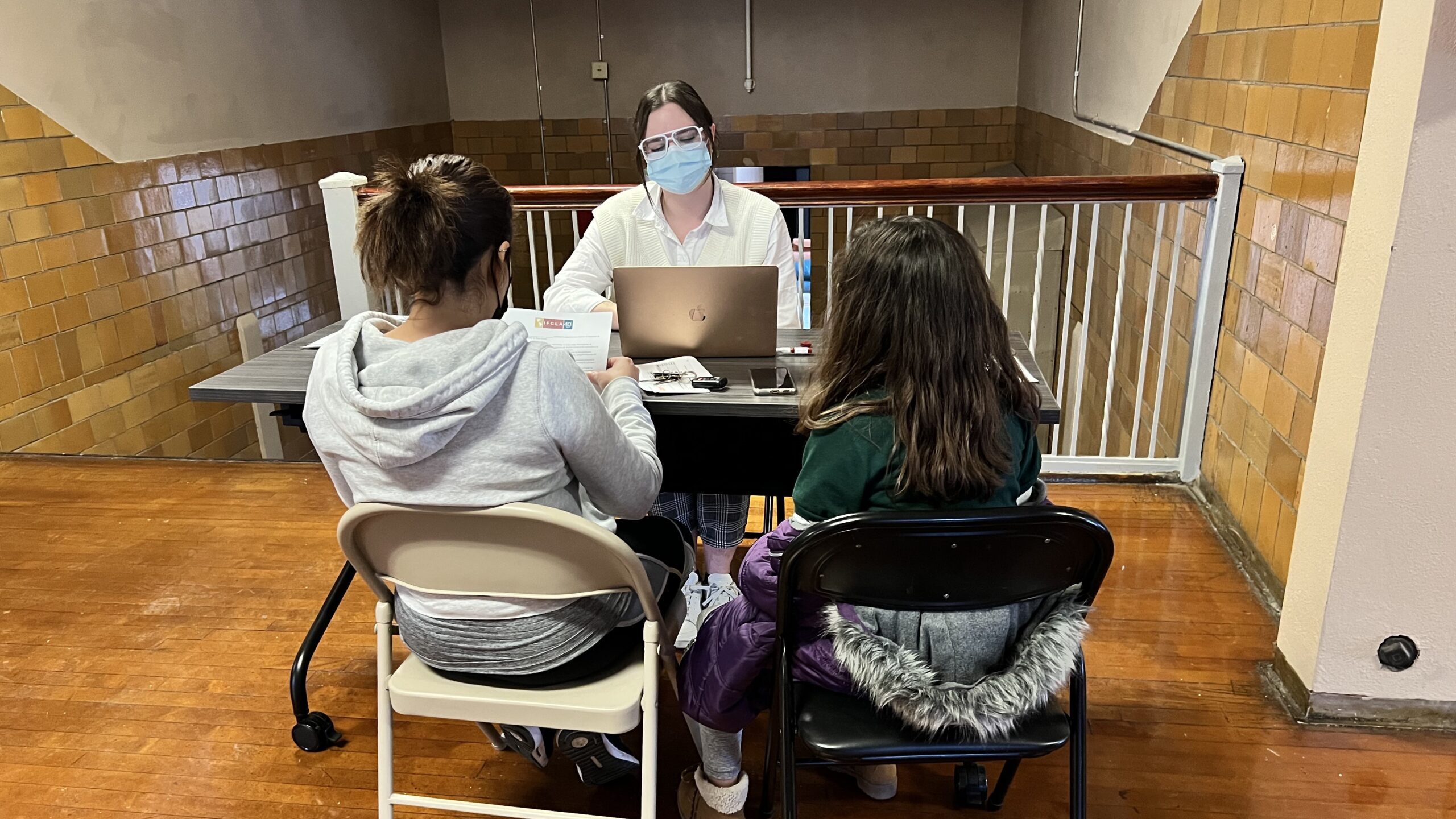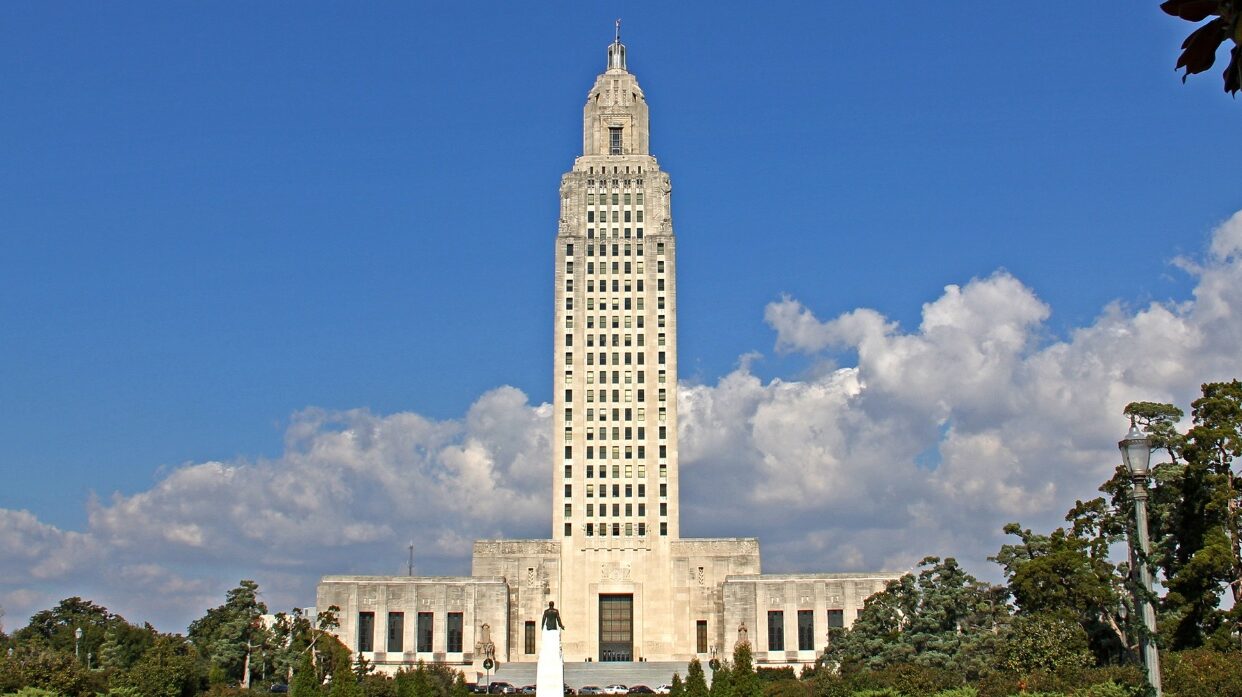Institute on Race, Power, and Political Economy
Chloe2023-03-16T21:47:56-04:00The Institute on Race, Power, and Political Economy advances research to understand structural inequalities and works to identify groundbreaking ways to promote equity.
Iowans Fight For and Win Support for Utility Bills
Chloe2022-11-09T21:55:50-05:00
Project Overview
After more than a year of organizing and agitating by Escucha Mi Voz West Liberty members, the West Liberty City Council voted in November 2022 to invest $150,000 of their American Rescue Plan Act allotment into community needs.The $150,000 appropriation includes $120,000 for utility relief of $400 for 300 households.
Organizing Wins
City staff and attorneys resisted council’s attempts to create an Excluded Worker Fund, leading to five former city councilors signing a letter demanding the former mayor resign. The utility relief plan was proposed as an alternative by the West Liberty Economic Development Association and almost instantly adopted by staff and council. The vote by City Council in November 2022 was backdropped by a standing-room-only crowd of dozens of West Liberty immigrant workers, meatpacking plant workers, and farmworkers, six of whom delivered public comments in Spanish about the impact the pandemic had on them and why they needed relief. “This is happening because we fought and won relief,” said Edgar Velasquez, a grocery store worker and West Liberty homeowner. “But it doesn’t matter what the city promises, only what they do. Together, we will make sure this money gets into the hands of the people.” Escucha Mi Voz members say they will work with the West Liberty Ministerial Association to distribute the promised utility relief as soon as it’s available.
Equity Goals and Outcomes
“Since 2021, Escucha Mi Voz West Liberty members knocked on doors and organized meetings, marches, and public speak-outs to pressure the city of West Liberty to create an Excluded Workers Fund for immigrant workers ineligible for previous federal relief payments. In summer 2022, when utility bills began to skyrocket due to inflation, the group’s members started bringing copies of their utility bills to city council meetings as an example of why they needed relief.”
Guaranteed Basic Income: Lessons and case studies from implementation across the US and a recommendation for St. Louis
admin2022-12-01T21:20:32-05:00Louisianans Come Together to Call for ARP-Funded Equitable Recovery Plan
Chloe2022-09-07T13:53:08-04:00A Recovery Agenda for Louisiana
Chloe2022-08-08T20:18:35-04:00This Recovery Agenda is centered on some key priorities as Louisiana comes out of the pandemic and continues to rebuild from Hurricanes Laura and Ida: supporting workers; addressing housing needs; investing in families and poverty reduction; helping children; and making our government and communities more resilient. It was developed in partnership with advocates and community leaders across Louisiana, with the goal of building a more inclusive and equitable recovery.
Direct Cash Assistance for St. Louis Residents
Chloe2022-08-11T16:54:22-04:00Project Overview
The Direct Cash Assistance program started with the desire to quickly provide funds to the approximately 10,000 workers in St. Louis whose unemployment benefits had been cut short in 2021. The program targeted households that suffered a loss of income during COVID due to job loss, cut hours, medical treatment or funeral expenses.
The program was initially proposed by a Stimulus Advisory Board, assembled by the Mayor and composed of community development organizations, racial equity organizations, academics, environmental organization, legal advocates, disability advocates, small business owners, etc. The proposal was then taken up by Mayor Jones and approved by the Board of Aldermen and implemented by the Department of Human Services in partnership with United Way of St. Louis.
Community-Centered Process
The Stimulus Advisory Board (SAB) implemented a needs assessment survey for residents, reviewed requests for services received during the pandemic and also conducted public feedback meetings to identify the needs of St. Louis residents. Members of the SAB were also inspired by Universal Basic Income pilots in other cities, but some policy challenges combined with the desire to move quickly resulted in the proposal of a one-time direct cash assistance program.
Once the program was in the implementation phase, getting the word out about the program and supporting would-be-applicants was key to the success of the program. The City organized application fairs at community colleges focused on seniors, people with disabilities and individuals without internet access. These events were well attended, bilingual and provided opportunities for applications to be done in person rather than online. Additionally, nonprofits and service providers did outreach with their members and constituencies to ensure participation of a broader population, especially for undocumented immigrants. Other key messengers were schools, libraries and nursing homes. Word of mouth between friends and family was also an important source of applicants, but encouraged the self-replicating effect of reaching to similar networks instead of broadening outreach to new group
Equity Goals
The program provided assistance to 9,300 residents with an income below the 80% Area Median Income. Applicants had to provide proof of residency and income to qualify, which increased hesitancy among undocumented residents and made it harder for them to access the funds. While residents all across the city were recipients of the program, disbursement was higher in neighborhoods in the north and eastern parts of St. Louis City. These are precisely the areas of the city that are predominantly Black and have the highest percentage of their population living below the poverty level.
Survey results show that recipients used their relief money to pay for basic needs like rent and mortgage (28% of recipients), utilities (70%) and groceries (68%). Health expenses (23%), transportation (32%) and other bills (30%) were other expenses recipients were able to afford with the assistance. Some recipients said the assistance prevented them from having to choose between urgent basic priorities or dipping into worse financial situations, like homelessness. Single parents, seniors, those with medical conditions and those who were having a hard time finding a job in the middle of the pandemic were especially vocal about how the cash assistance had helped them. A lot of recipients described the effects the money had on their mental health, like reduced stress and anxiety. Additionally, the program also made recipients feel supported and increased their trust in the city. Despite these outstanding results, recipients agreed that one-time assistance was not enough. 99.3% of survey respondents believe the City of St. Louis need to implement a program like this again.
Louisianans Come Together to Call for ARP-Funded Equitable Recovery Plan
Chloe2022-08-11T16:54:53-04:00Project Overview
The Louisiana Budget Project brought together 17 organizations to draft and promote a Recovery Agenda for Louisiana. It called for investing federal pandemic aid to support workers, address housing needs, invest in families and poverty reduction, and help children. “Louisiana has a once-in-a-generation opportunity to solve some long-standing problems,’’ Louisiana Budget Project executive director Jan Moller said. “But that can only happen if we focus our rebuilding efforts on the communities and people that have suffered the most from the Covid pandemic and natural disasters.”
Community-Centered Process: Coming together to avoid the failures around the use of Hurricane Katrina aid
The Recovery Agenda for Louisiana reflects the collective effort of coalition members devoted to economic, racial, and environmental justice. The coalition includes organizations focused on affordable housing, children’s issues, workers’ rights, environmental justice and more. These groups recognized that the last time the state received substantial federal aid – following Hurricane Katrina – policymakers squandered the money with giveaways to big business and tax cuts for the rich. These poor choices led to years of budget cuts that left Louisiana workers and families even further behind. The coalition was committed to avoiding a repeat, and so they developed a comprehensive agenda and presented it to policymakers in advance of the state’s budget session. The proposals had a few specific budget asks depending on projects or previously existing programs but were generally intended to serve as a starting point for negotiations with legislators.
Organizing Wins
The Louisiana Recovery Plan coalition had notable successes. The state budget adopted for Fiscal Year 2023 uses $27 million in federal funds for early childhood education programs and $33 million for workforce training related to health care. Early childhood education and child care funding were explicit asks made by the Governor in the executive budget, and the paid leave request was a result of a deal cut by the Speaker and House Dem Caucus Chair. In addition, two proposals from the Recovery Agenda were funded: Supporting the Empowering Families to Live Well Council, which will help the state advance policies that address poverty, and $500,000 for an actuarial study of a paid family and medical leave program. The Live Well funding was achieved thanks to the State Association of Catholic Bishops, who was a partner organization. The budget creates the potential for even greater future investments in an equitable recovery and offers a framework for continued organizing of the Recovery Plan coalition.
Equity Goals
The Recovery Plan reflects a comprehensive vision to help residents hurt the most by the pandemic and to lay the groundwork for addressing long-standing economic and racial inequities. It calls for, among other things: premium pay for essential but low-wage workers who provided vital services during the pandemic; a new paid family and medical leave program that will help millions of workers and put the state in a better position to weather future downturns; both emergency rental assistance and funds to help residents repair damage remaining from prior hurricanes; extensive investments in children from birth-to-age three; student loan forgiveness; and funds to build primary health care clinics in underserved communities. The coalition is committed to fighting for this vision for years to come.



